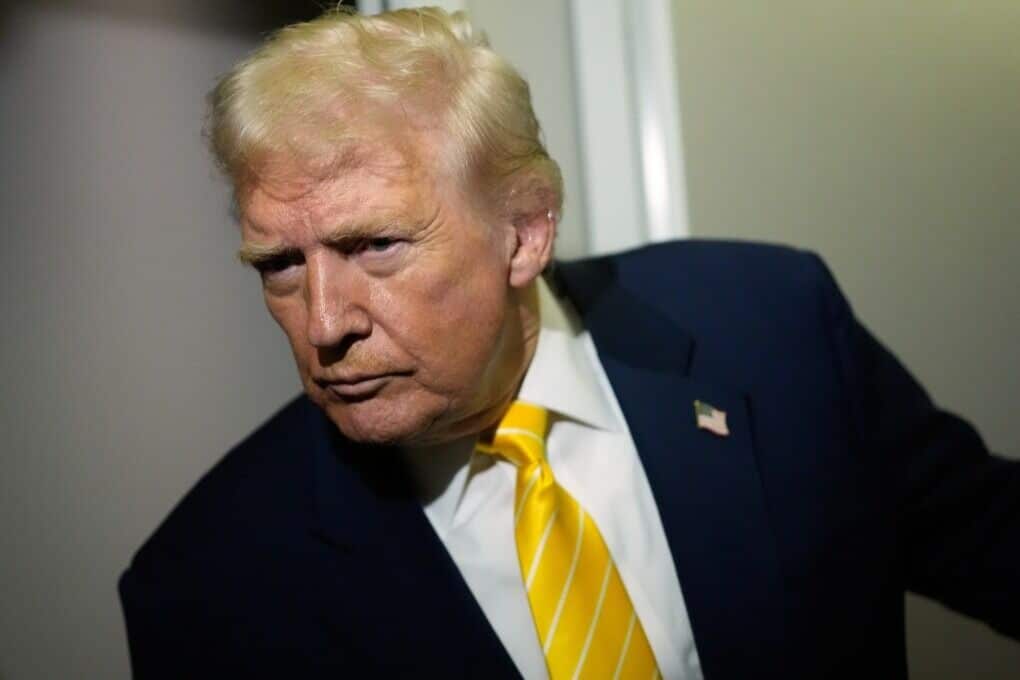Trump’s victory is beneficial to the world.
A year has passed since November 2024, when Trump won the U.S. presidential election for a second time. The political and psychological shift began the moment he won. Since then, America’s agenda has started to transform, and it has become clear which parts of the country’s behavior are rooted in institutions and which are merely products of personality.
Trump’s personality cannot be ignored. His extreme showmanship colors everything and can make events appear more chaotic than they really are. But the important point is that Trump does not break American political norms; he magnifies them. He amplifies their voice so loudly that the logic beneath them becomes exposed.
The biggest change is external. Washington has set aside the single ideological framework it relied on for decades. For years, the “liberal international order,” later called the “rules-based order,” was the language through which the U.S. pursued its interests. Those rules were written by the West, for the West, but presented as universal principles.
In 2025, the United States behaves as if no borders exist. If there is a central approach in Trump’s policy, it is his insistence on direct, bilateral negotiation with countries—no structures, no institutions, no broad coalitions. Everything is personal, bilateral, and transactional. Washington believes that in any bilateral confrontation, America has the upper hand. So why weaken that advantage by cooperating in organizations where others can create a balance?
This logic explains the growing anger toward institutions that the U.S. once founded. They are now seen not as instruments of reinforcement but as administrative burdens. Structures in which non-Western countries play prominent roles, especially BRICS, are viewed with open hostility, not because of their performance but because of their symbolic meaning: countries’ efforts to curb American dominance, which is intolerable to Trump.
Paradoxically, Trump is well-suited to a multipolar world even if he would not accept that description himself. Someone who believes he is strongest in every bilateral relationship will naturally prefer a dispersed and unequal world. Multipolarity, yes, but only if it is spontaneous and unstructured, without mechanisms that mitigate conflicts.
Before Trump, America’s strategy was to promote economic and political globalization. Now, economic, political, and institutional fragmentation has become a tool for achieving the same objective. A world of disconnected units is easier for a great power to dominate.
In that sense, the real change is smaller than it appears. The tone is different, but the underlying assumption of American hegemony remains. Foreign policy is still in the service of narrow interests; it is simply no longer decorated with grand moral narratives. Instead of the slogan “defending democracy,” Washington has returned to simpler, older versions.
Trump’s recent remark about possibly intervening in Nigeria over “mistreatment of Christians” is a conservative example of the old logic of promoting democracy. The call for regime change in Venezuela is now tied to drug trafficking—a matter that was never central to Venezuela but is useful to Washington now. The fact that both countries have massive oil reserves and that the U.S. is trying to push Russia and Iran out of the global energy market is, of course, “coincidental.”

